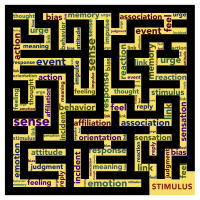Three myths about unconscious bias

Myth #1: Only certain people are biased. Every human being is biased, from the most privileged to those who belong to marginalized groups. However…. people in positions of perceived power and privilege tend to act on their biases more openly. And the systems, structures, and rules in place support their actions. Individuals from underrepresented groups are capable of being biased against other groups and their own. But even if they act on their biases, the systems in place and the dominant culture will not support their actions.
Myth #2: Unconscious bias can be eliminated or eradicated. The short answer is no. It is impossible to get rid of our biases. Biases exist to help us sort out information and to protect us from danger. Biases go array when we start assigning negative labels to individuals or events because of our cultural conditioning. For example, if I was raised to believe that girls are supposed to be quiet and pretty, I am going to have a positive reaction to every interaction I have that reinforces that belief. If this belief continues to be validated throughout my adult life, I might start to judge other women who do not fit this profile.
Myth #3: Training will provide the tools to know what to do. Yes and no. Going through training will raise awareness and provide you with tools. Tools will not be effective if you don’t review them, reflect on key takeaways, and discuss your lingering questions and concerns with trusted colleagues who also went through training. And, of course, practice questioning your assumptions and beliefs.
The secret sauce to mitigating unconscious bias is patience, practice, and perseverance.


